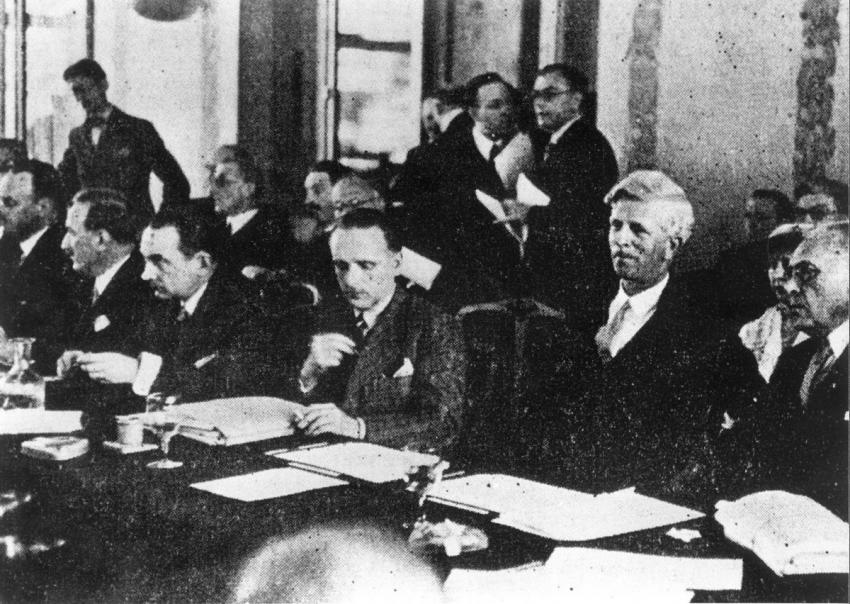In July 1938, representatives from 32 countries met in Evian, France to discuss the international refugee problem. The various countries’ delegates explained why they could not take in masses of refugees from Germany and Austria. The conference achieved almost no success in opening any country’s gates to the refugees, and by the time it adjourned, there was a public consensus that it had failed to find them a safe haven.
Sunday to Thursday: 09:00-17:00
Fridays and Holiday eves: 09:00-14:00
Yad Vashem is closed on Saturdays and all Jewish Holidays.
Entrance to the Holocaust History Museum is not permitted for children under the age of 10. Babies in strollers or carriers will not be permitted to enter.







